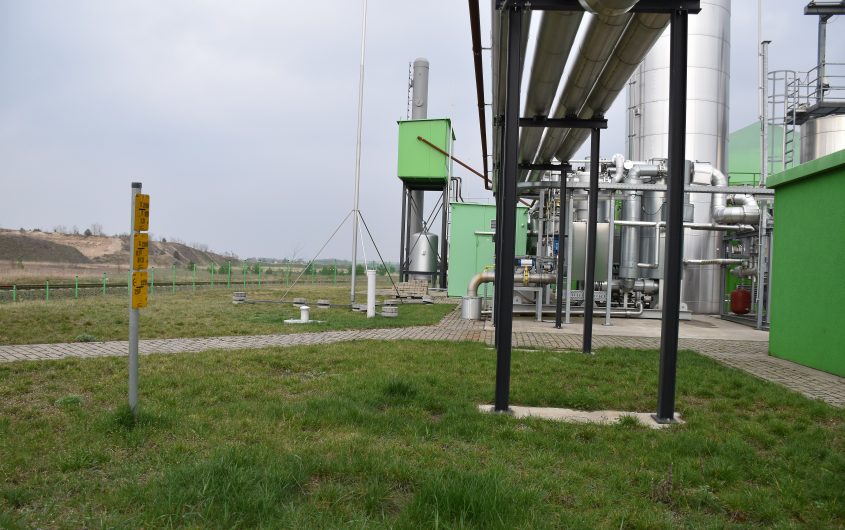
Germany’s Real LNG Strategy

Thomas O'Donnell
Hertie School of Governance
Thomas O’Donnell was a DAAD/AICGS Research Fellow in April and May 2015. He is an academic, analyst, and consultant with expertise in the global energy system and international relations. At AICGS, his focus is “U.S. Expert Perspectives on German Energy Vulnerabilities.” Dr. O’Donnell’s teaching and research have encompassed the EU and Russia, Latin America, the Middle East, China, and the USA. His PhD is in nuclear physics from The University of Michigan at Ann Arbor; for the past 15 years he has primarily taught post-graduate international relations and development with a focus on energy and natural resource issues, including at The University of Michigan, The Ohio State University, at The New School University’s JJ Studley Graduate Program in International Affairs (NYC), and at Freie Universität’s JFK Institute (Berlin). At his blog, the GlobalBarrel.com, he follows issues of energy and international affairs, and he also writes frequently for the IP Journal (Berlin), Americas Quarterly (NYC), and Petroguía (Caracas).
Throughout 2008-09, Dr. O’Donnell was a U.S. Fulbright Scholar and Visiting Professor in Caracas at the Center for the Study of Development (CENDES) of the Central University of Venezuela (UCV). He is a Senior Analyst at Wikistrat and consults with various other geopolitical, business-intelligence, and advisory firms. Before doing his PhD, Dr. O’Donnell spent a decade working in U.S. industry, gaining technical experience in automobile manufacturing, railway operations, large-scale HVAC, and in power generation. He has also worked as a radiation safety and health-physics officer at a research nuclear reactor and in medical and other settings. In experimental nuclear physics, he conducted basic research at several particle-accelerator and national laboratory facilities in the U.S., Japan, and elsewhere; and is author or co-author on about 40 peer-reviewed scientific papers. Since 2012, he has lived in Berlin with his wife and youngest children. He speaks English, Spanish, and functional German.
The German federal government has decided in favor of building liquid natural gas (LNG) import terminals and infrastructure. In March, Chancellor Angela Merkel’s CDU/CSU-SPD government, in its “coalition contract,” pledged to “Make Germany the site for LNG infrastructure.” This is a notable policy change, because in Germany the opposition to LNG imports and use has been so much stronger than anywhere else in Europe.
The aim of this new endorsement is to reduce maritime and roadway heavy-transport emissions. However, many in Germany argue that using “small-scale” LNG in this way, as a “bridging” fossil fuel, is “wasted investment”. They contend that Energiewende-mandated electric vehicles can and will rapidly de-carbonize heavy transport. Still others oppose LNG imports on the grounds that they would unnecessarily diversify Germany’s gas suppliers with the aim of offsetting increasing reliance on Russian pipeline gas. They insist that Russian pipeline gas has been “historically reliable” and is cheaper for Germany than building large-scale import terminals for LNG.
Though the federal bureaucracy had been advancing this policy change for over a year, top government officials did not make any particular effort to bring the issue to public attention or to drum up support. Accordingly, media and public understanding of the federal government’s motivations has been less than ideal.
Read the full article at the Berlin Policy Journal.
This article was originally published by the Berlin Policy Journal on June 28, 2018.









